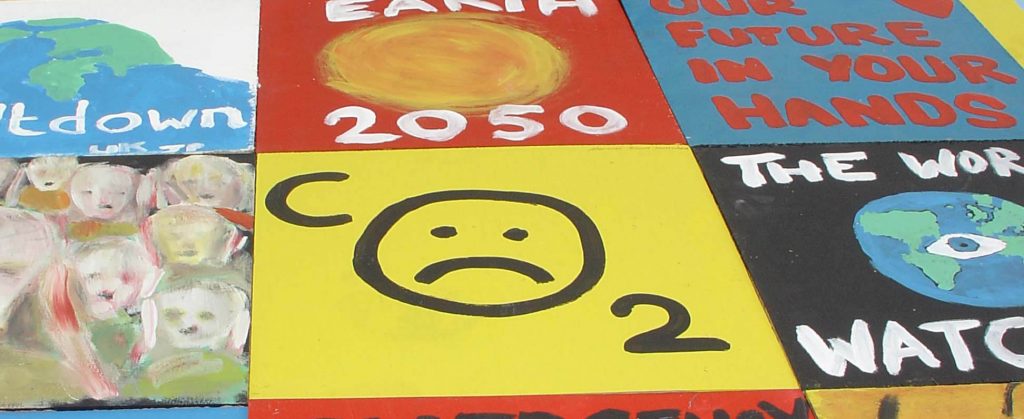Brussels, 27 May 2008 – Commenting on today’s second reading vote by MEPs on amendments to plans to include aviation in the EU Emissions Trading Scheme (ETS), Friends of the Earth Europe transport campaigner Richard Dyer said:
“We are delighted that MEPs have voted in favour of strengthening plans to bring aviation into the Emissions Trading Scheme. Air travel is one of the fastest growing sources of carbon dioxide emissions in Europe – it must be tackled if we are serious about combating global warming. EU Ministers must now show that Europe is genuinely committed to taking a lead on global warming by backing these improvements too.”
***
Notes to Editors:
The aviation ETS is the first of several new climate change Directives to be agreed since EU Ministers voted in March 2007 to cut carbon dioxide emissions by 30 per cent from 1990 levels by 2020.
Last year in the first reading MEPs gave strong support for improvements to the scheme, which include incorporating all flights departing from or arriving into the EU from 2012. Environment Ministers did not support these improvements but now have to reach a compromise with the European Parliament in the coming weeks.
Friends of the Earth believes it is vital that Environment Ministers accept improvements to the aviation ETS if they are to demonstrate that the EU is serious in its commitment to tackling climate change. Ministers must support improvements to the scheme that MEPs voted in favour of today, these:
– Will take account of the additional global warming impacts of planes at high altitude
– Will ensure that the aviation industry has to meet its own efficiency improvement standards before it can buy carbon permits from other sectors or projects in developing countries
– Will apply the ‘polluter pays’ principle and reduce the risk of ‘windfall profits’ by requiring airlines to buy many all their carbon permits rather than being given most of them for free
– Confirm that the introduction of the ETS will not prevent Member States from maintaining or introducing other measures like taxes to address the climate change impact of aviation






